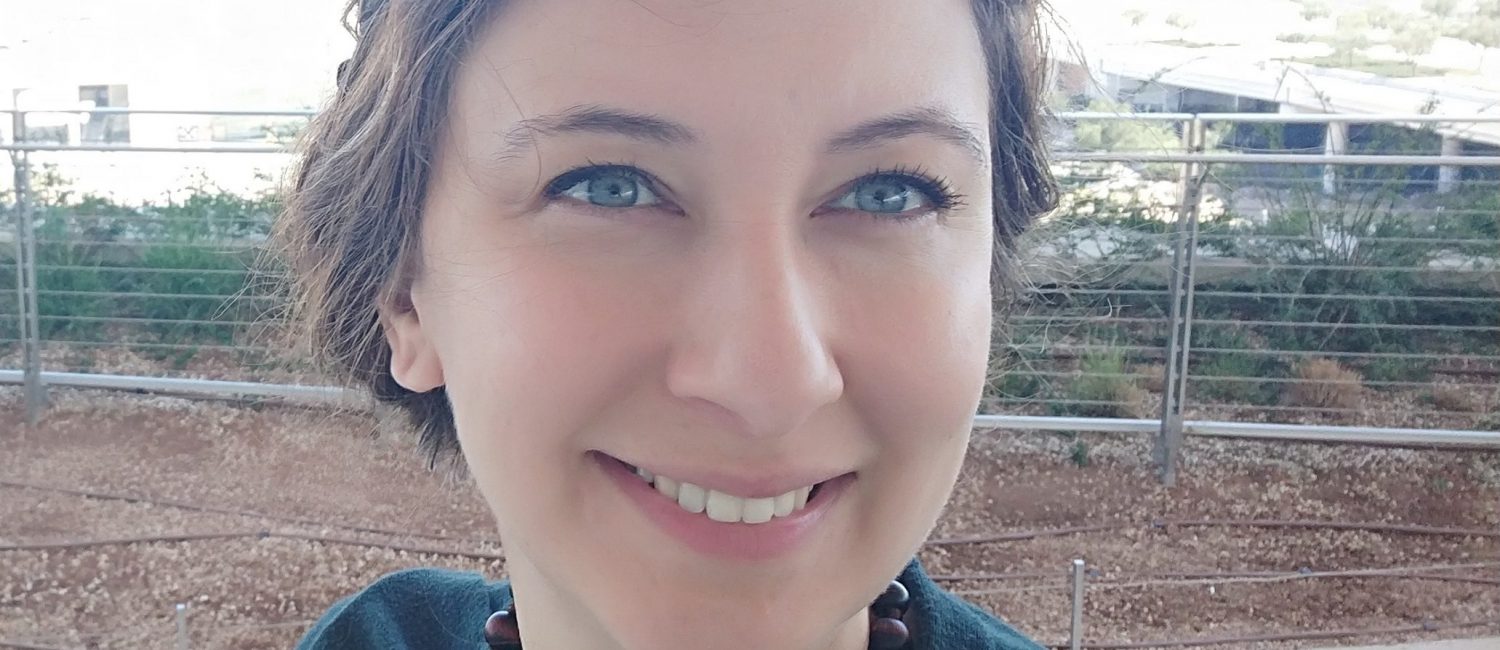Why Banu Wants to be Board Member
I’m writing this motivation letter on a train, which is taking me to a “Hostile Environment Training” that my international project partners wanted me to attend. The training includes practical sessions such as “practical exposure to firearms, practical carjack scenario, hostage taking exercise” and theoretical sessions such as “multi-terrorist firearms and shooter attacks, and tactical conflict management, kidnap survival”. Last night I wondered how my path a cultural manager ended up with me having to take such trainings. My conclusion is that the definition of cultural managers is very different from that of a generation ago. Nowadays, cultural managers have to be a swiss-army-knife. We have to be adaptable and responsive, and armed with these skills, I believe that the cultural sector gives us a great opportunity to generate change.
I have observed that the RBCMN is a great opportunity for cultural managers to share experiences, learn and collaborate to explore fields and achieve results that they would not have alone. I envision the RBCMN to be a platform where bright and successful cultural managers coming from different backgrounds find the opportunity to step away from any restraining framework of their role in their jobs and think with fresh minds. These restraints may be due to their place in the hierarchy (including being at the top!), their sector or because they have been focusing on one subject for too long. These individuals all feel that they are able to contribute to an alternative cultural agency, through their line of work. This feeling is generated through the support the other programmes of Robert Bosch Stiftung as well as the MitOst team. The members of the network are able to form trustful friendships which are paired with work alliances, and able to solve problems as well as start initiatives that would not be possible if it were not for the network. The members freely think big and are provided with the means to turn these thoughts into applied work –even within the year they were first imagined. This direct link between planning and executing is a crucial part of the workings of the network.
Finally, I am very thankful for the opportunities I have received through the Robert Bosch Alumni network, and want to give back by being a member of the board. I hope to contribute to a network that will help shape a world that is co-created by its citizens; that is based on open-mindedness and tolerance, that protects individual rights, guarantees democracy and the rule of law, and ensures freedom. Amidst resurgent nationalism, fear of terrorism and a refugee crisis, the world needs game-changing ideas. Cultural managers have a great advantage in this, as culture is a field which involves methods of soft diplomacy and thus has a greater chance of achieving results when compared to hard actions.
Banu´s Résumé
After completing my PhD degree in 2010, I took the “conventional path” of academia and became an Assistant Professor in cultural heritage preservation, specializing on heritage at risk/contested heritage. As much as I enjoyed working full-time at the university, I realized no matter how many classes I taught, the cultural heritage I worked on was being lost as there was nobody working to save it. I decided to resign from my post and find funds to realize cultural projects (informed by research and fieldwork) on the importance of our shared heritage.
In 2014, I co-founded an NGO called the Association for Preservation of Cultural Heritage, in Turkey. Today, I continue to work as manager in my NGO, in projects that involve research, capacity building and implementation. My work includes community engagement, training, sustainability and innovation, specifically in cultural heritage preservation. Funded by the Actors of Urban Change programme, I was part of the second generation of actors and curated an exhibition (in Athens and Istanbul) on the value of multicultural heritage of Turkey. This is how I stepped into the RBCMN world!
My work/research has been funded by the European Union, Stiftung Mercator, Robert Bosch Stiftung, British Council, US Ambassadors Fund for Cultural Preservation, German Federal Foreign Office, Hellenic Ministry of Culture, and the Stavros Niarchos Foundation and Bodossaki Foundation.
I became involved in cultural diplomacy, as my work involves dealing with contested heritage, and I am a proud member of the Global Diplomacy Lab and the BMW Responsible Leader Forum. I have also attended the International Training for Diplomats, about working with difficult heritage in diplomacy. I have been a Salzburg Global Seminar Fellow on Conflict Transformation through Culture: Peace-building and the Arts. I was also a Hrant Dink Fellow, as part of the Turkey-Armenia Fellowship Scheme, financed by the European Union.
In October 2018, I was selected to be one of 3 people to present at the European Parliament on an idea which can turn into action in the upcoming budget covering the period 2021-2027. I pitched for funding towards cultural heritage- naturally!
You can go back to the election announcement to find out more about the other candidates
or
You can vote here.

